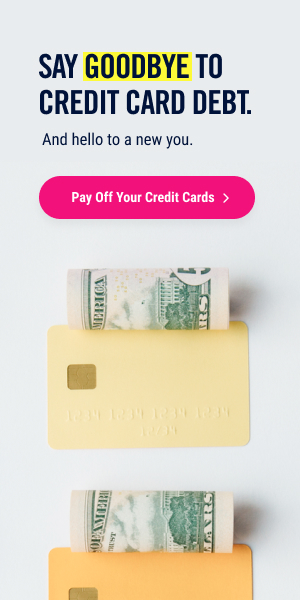Travel-hacking with credit cards and reward points is a strategy that can work for some (think free flights, accommodations and other perks), but you have to do it right.
I’ve always been against debt. While my millennial peers were off getting financed degrees, I dropped out of college after seeing the tuition bill just one semester in. I returned later, as a nontraditional student, to get my debt-free degree. While others were financing their lifestyle through credit cards, my personal economy ran strictly on cash. I had this philosophy that if you don’t have access to credit cards, you can’t abuse them.
I had a change of heart on the way home from our honeymoon. After a week of kicking back on the sunny shores of the Yucatan Peninsula, our plane had finally made its ascent. Flight attendants walked the aisles with magazines and drinks, attempting to pawn their wares off on the bored tourists headed home.
While others were financing their lifestyle through credit cards, my personal economy ran strictly on cash.
Then they started talking about something interesting. They were discussing the airline’s credit card options, one of which came with a sign-up bonus, which meant lots of reward points. The bonus points would have been enough for my husband and me to travel to Mexico again.
I was immediately frustrated. We had just spent a bit more than $600 on tickets, but we could have gotten them for free if I had been keen on travel-hacking. If we had taken this approach, we could have also skipped out on the travel insurance policy we had purchased, as that was covered under one of the card’s numerous benefits.
Not one to act rashly, I took the card application home and sat on it for about a week.
We had just spent a bit more than $600 on tickets, but we could have gotten them for free if I had been keen on travel-hacking.
Eventually, I signed up. And I’m glad I did.
Since the day we took the plunge into travel-hacking with credit cards, we’ve gone on a beach vacation with an oceanfront hotel that was free for us, plus gotten free accommodations when we traveled to an out-of-town funeral. As a matter of fact, this year we’ll be spending our anniversary on a luxe staycation. We’re getting a room at one of the fanciest hotels in the city with gorgeous views of the skyline, all at no cost to us.
Before I opened that card, though, I did sit down and asked myself some serious questions.
Can I meet the minimum spend?
The minimum spend to earn the bonus points on this card was particularly high, so I ended up putting every last thing I could on it. Without my rent, though, I was still coming up short. I didn’t want to buy things I didn’t need just to get free travel points, so I paid a couple of electricity bills for family members.
While it all worked out for me in the end, I don’t recommend this. Always know what the minimum spend is, and if it’s more than you would normally shell out in the allotted timeframe, don’t open the line of credit. Doing so is a quick way to get into debt.
Have zero clue how much you spend every month? This calculator can help.
What if I miss a payment?
I had a great introductory interest rate of 0%. If I had missed a payment, that rate would have shot up to 24.99%. If that’s not incentive to pay your bill on time, I don’t know what is.
Am I responsible with credit?
Despite my aversion to debt, I knew I was responsible with credit. I had paid back early every loan extended to me. I had never made a late payment, and I don’t typically make impulse purchases. I knew that I was ready.
If you’re not ready, that’s OK. Don’t let travel incentives get you into debt, or ruin your credit score. But if you’re game to try it, travel-hacking is an option that could provide you with a free honeymoon, or an amazing anniversary.
There are a number of questions you should ask before opening a credit card. Find more questions here.
Written by Brynne Conroy, who blogs at Femme Frugality


